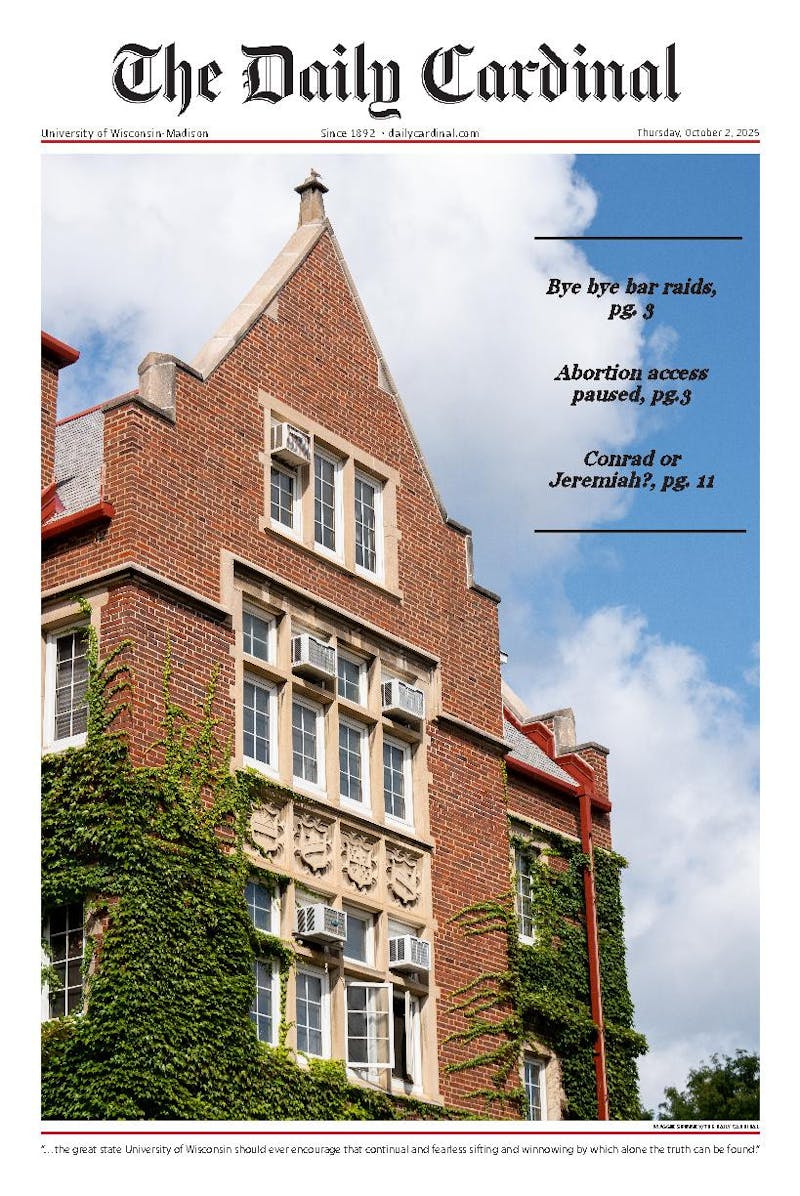When a lot of sports fans think of labor controversy in professional sports, they think of someone like Dan Ellis.
Well, they probably don't think of Dan Ellis in particular, since he's a backup goaltender with the Tampa Bay Lightning. But they think of people like him – people who are paid millions of dollars to play a sport we love and still think that's something worth complaining about.
Ellis got himself into some hot water a couple of weeks ago after using his Twitter page to complain about revenue sharing and escrow payments in the NHL, saying things like ""I can honestly say that I am more stressed about money now then when I was in college."" This would be a perfectly reasonable thing for him to say if Ellis was some fourth-liner who made the league minimum and was always at risk of being sent down to the minor leagues.
But Dan Ellis isn't making the league minimum – he's doing a little better, having signed a $3 million deal with the Lightning this summer after a $3.5 million contract with the Nashville Predators in 2008.
Ellis' complaints elicited a number of ""are you serious?"" responses including a #DanEllisProblems hashtag and a string of ""Mo Money, Mo Problems"" jokes from blogs like Yahoo! Sports' Puck Daddy. Ellis has since deleted his account.
With the possibility of a lockout in the 2011 NFL season appearing more and more likely, there is a temptation to see the disputes as a conflict between millionaire players and billionaire owners squabbling over revenue we can't imagine.
To a certain extent that is true. There are probably some whiny football versions of Ellis, with contracts that guarantee them millions of dollars whether they take a snap or not. But that is not the majority of the league.
The NFL isn't entirely made up of guys like Darrelle Revis and Reggie Bush, who know they will make millions of dollars in their careers, even if they are cut short for whatever reason. A lot of professional football players, and professional athletes in general, are no-name guys who have devoted their whole lives to a sport where they now make a few hundred thousand dollars per year.
Behind every pima donna starting quarterback, there are countless backup offensive linemen making the league minimum. If they get hurt, they don't have a multi-million dollar safety net, they have the NFL's lackluster pension and healthcare plans. They are the ones who have the most at stake in these negotiations over TV revenue and a new collective bargaining agreement.
Let's say you, dear reader, are one of those players.
You spent all of high school practicing football, and did about the same in college. Obviously you took classes and did well enough, maybe you even got your degree. But that wasn't how you were going to make your living – you get drafted and spend the next few years as a decent, if underpaid, offensive lineman.
After spending a few years in the league, you suffer a career-ending injury when you destroy your knee. Years of football have left you prone to a number of injuries and illnesses, including, as recent research suggests, a condition brought about by concussions that mimmicks ALS, or Lou Gehrig's Disease.
And you don't have many options other than football, either, since companies probably aren't hiring too many thirty-year-old right tackles with no experience outside of the NFL and a ""Consumer Affairs"" degree.
Now, you have to support a family with the remnants of your salary and retirement benefits from the NFL Players' Association.
Obviously this Dickensian scenario is not the sealed fate for anyone looking to be a professional athlete. But for some players it is, and that is why they need the protection of these revenue deals and CBA negotiations.
Team owners need to make money, and with a bad economy coupled with increasing player contracts it's clear why they want to be stingy in these negotiations. But they are still turning millions of dollars in profit every year, and it's not like those owners are missing any meals to begin with.
A 2011 lockout would be disastrous for the NFL, and nobody wants to see that happen. If it does, there is no question people will be angry at everyone involved, players and owners alike.
But before we rush to blame the players' association, let's remember what they are fighting for — it's not the superstars, it's the guys you might have never heard of, the guys who need this protection most of all.
Is Nico going too easy on the NFLPA? Do you care what hapens to players after they retire from professional sports? Let him know by e-mailing him at savidgewilki@dailycardinal.com.






